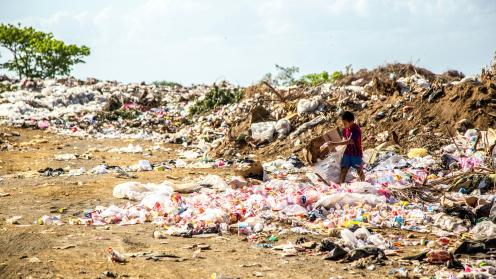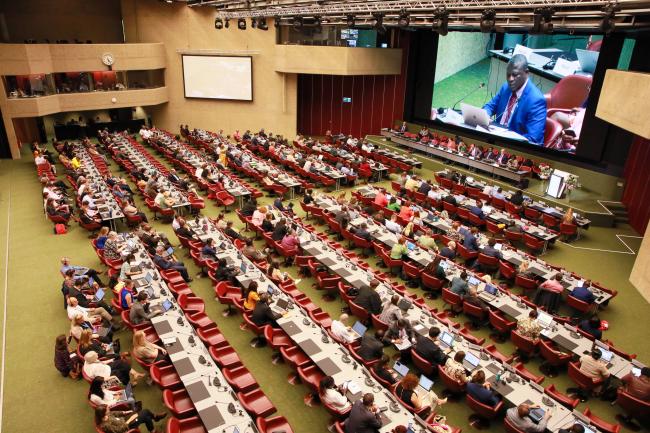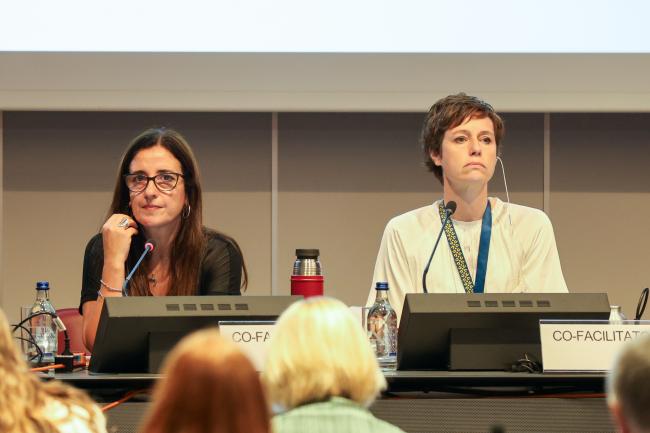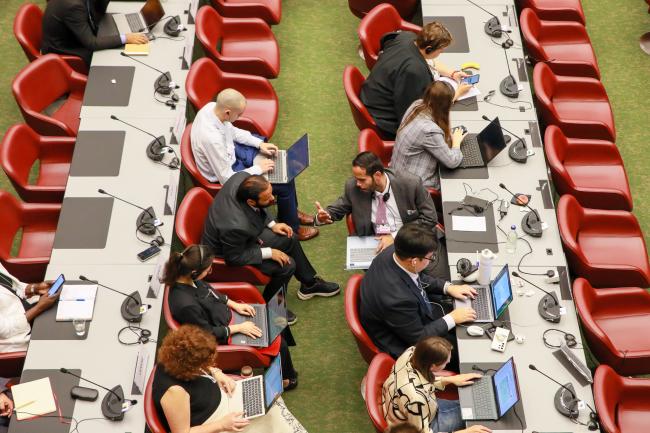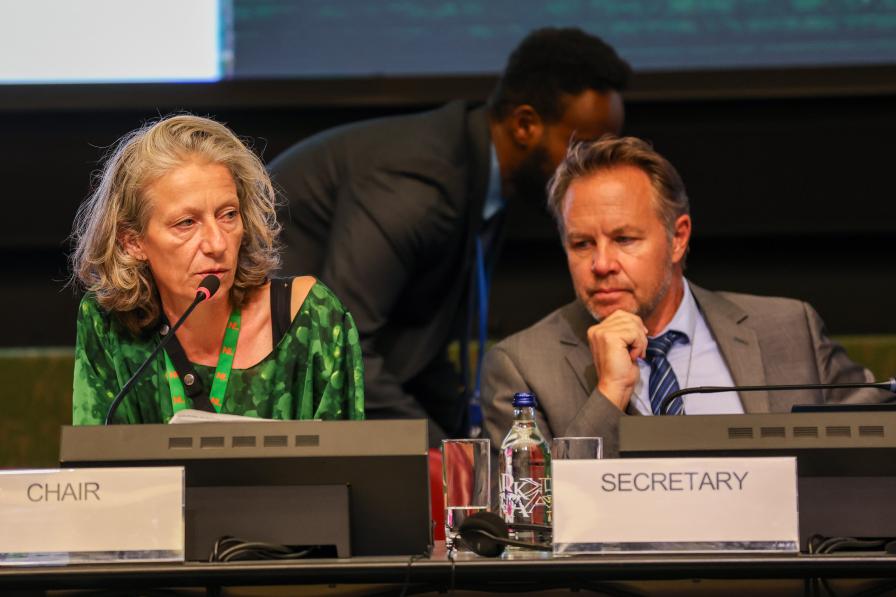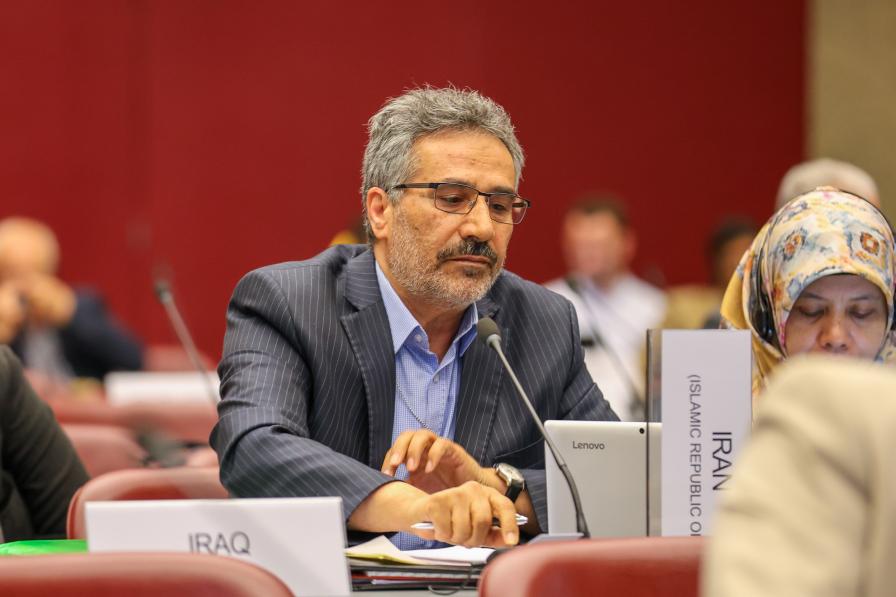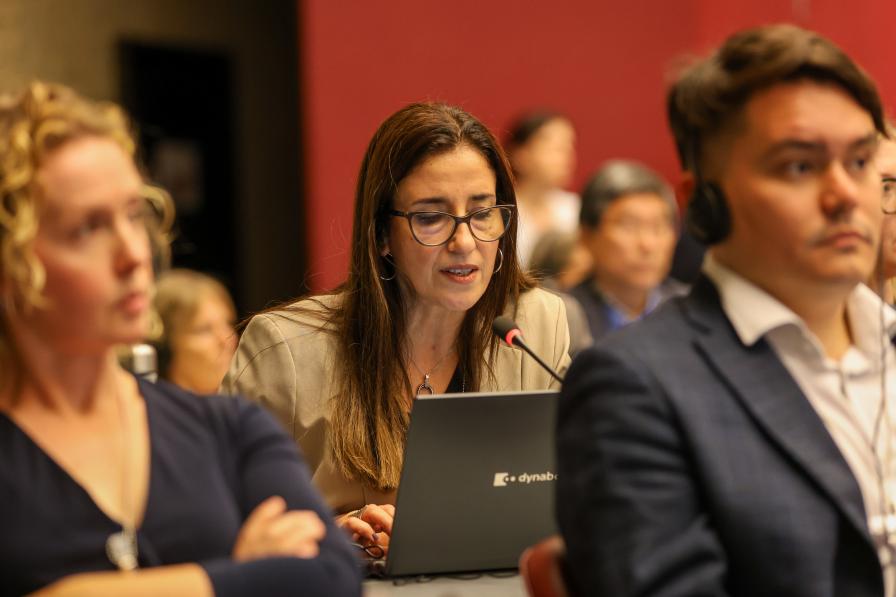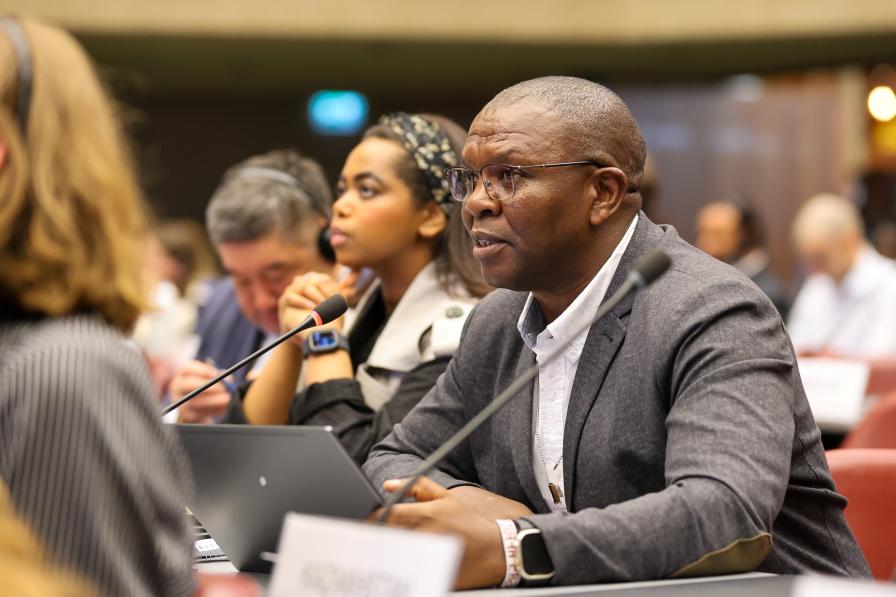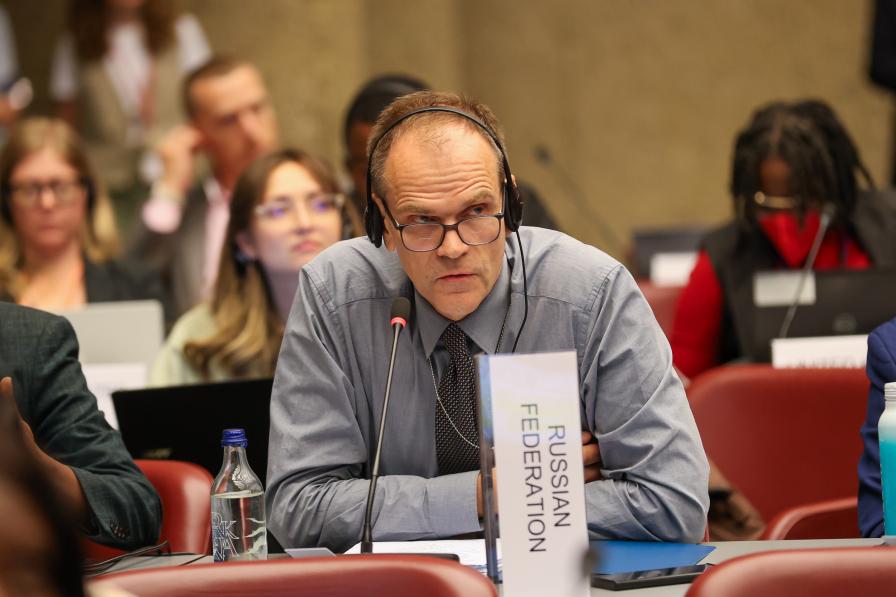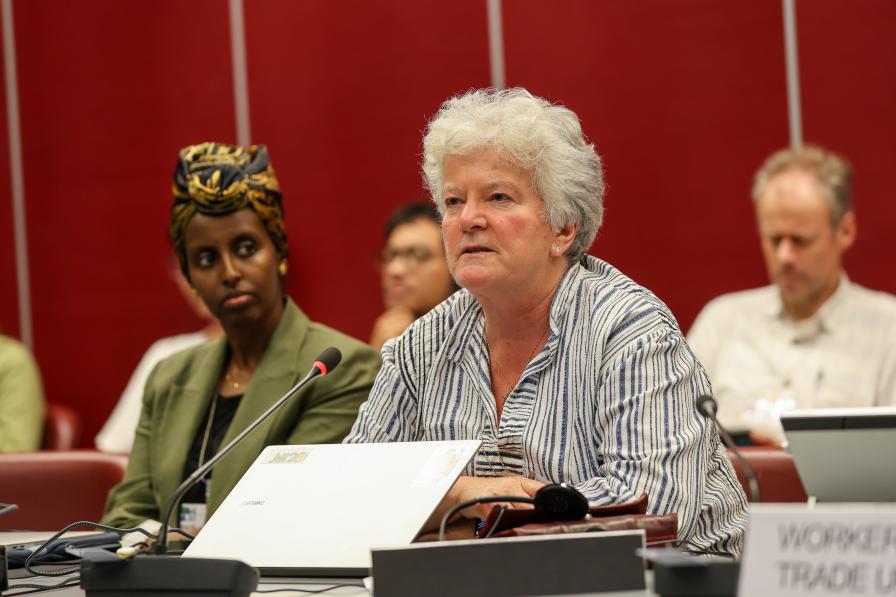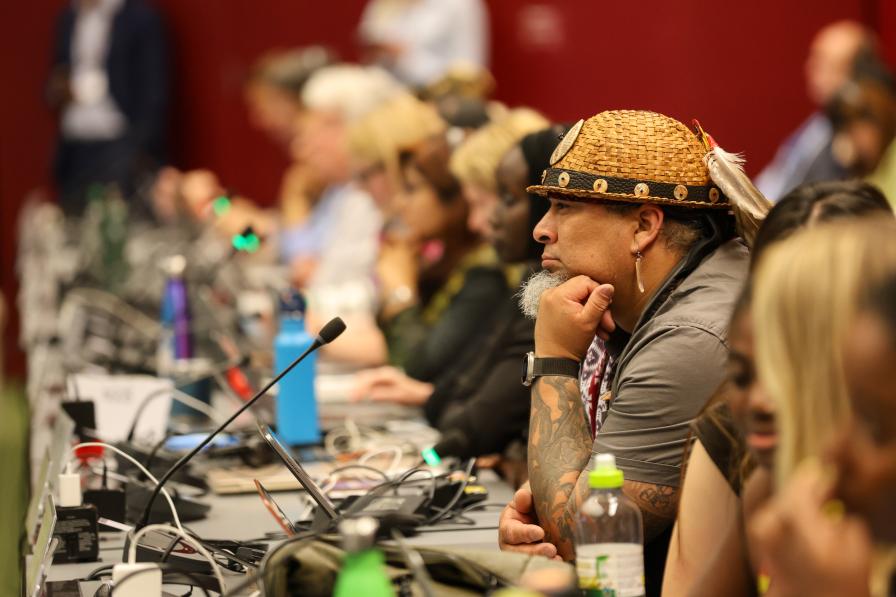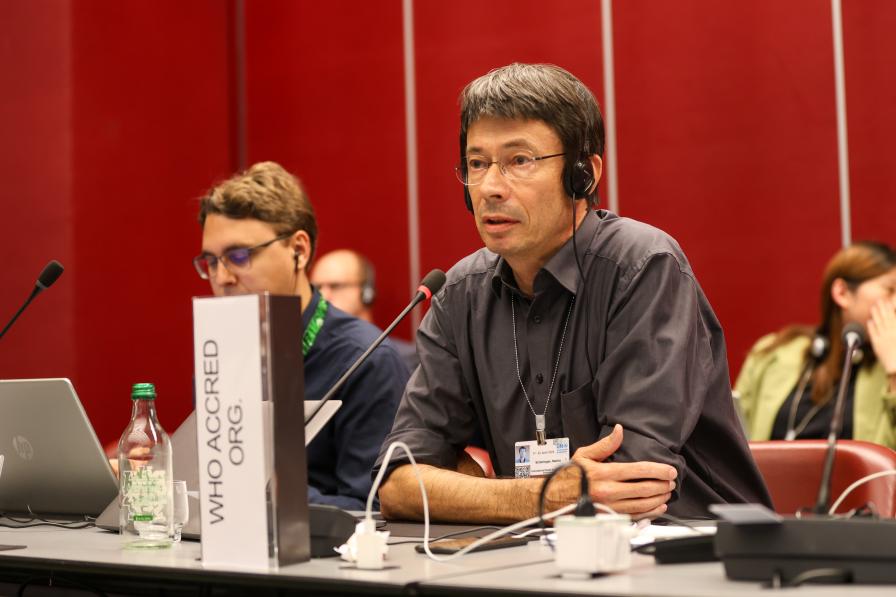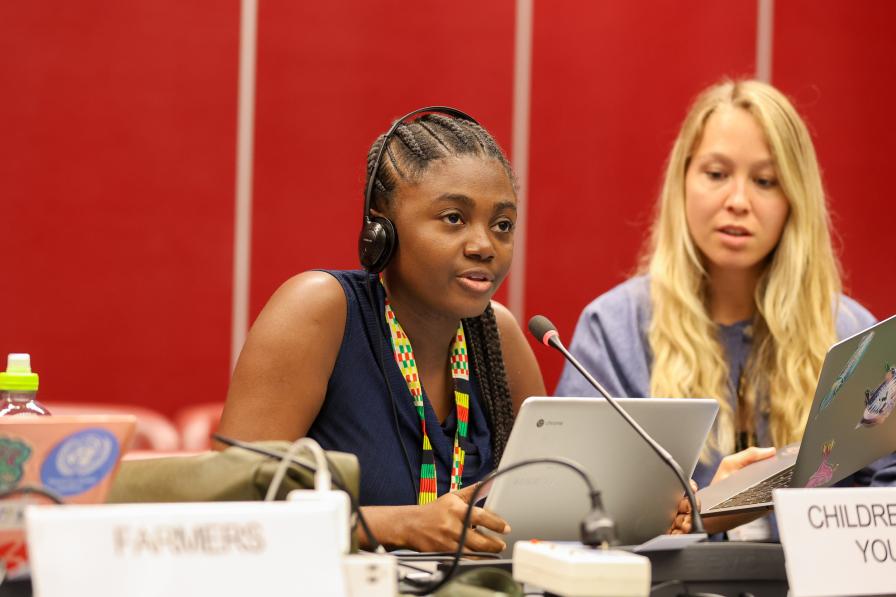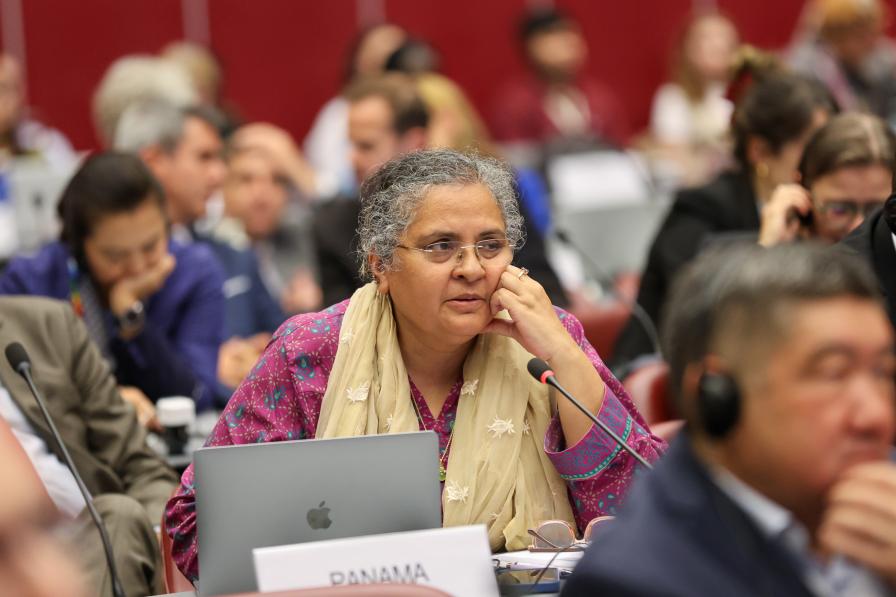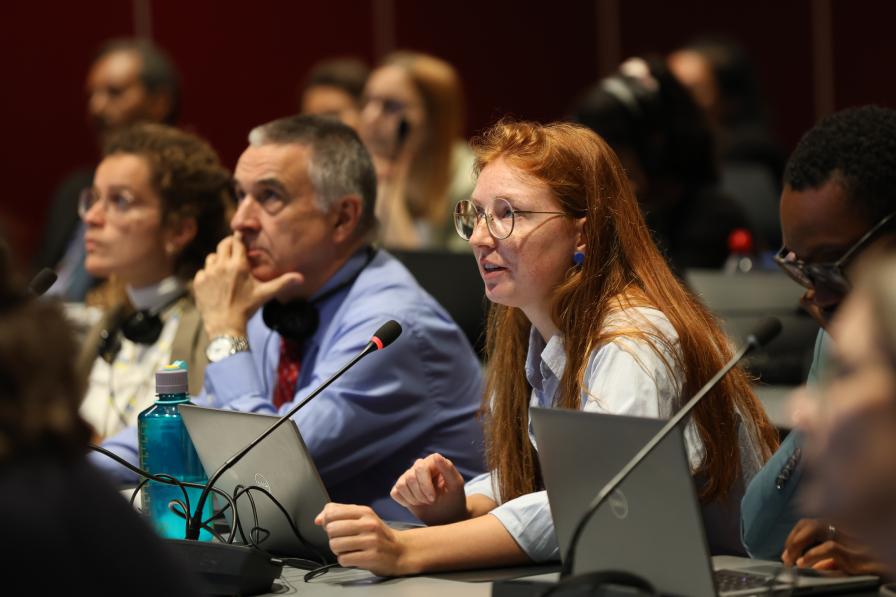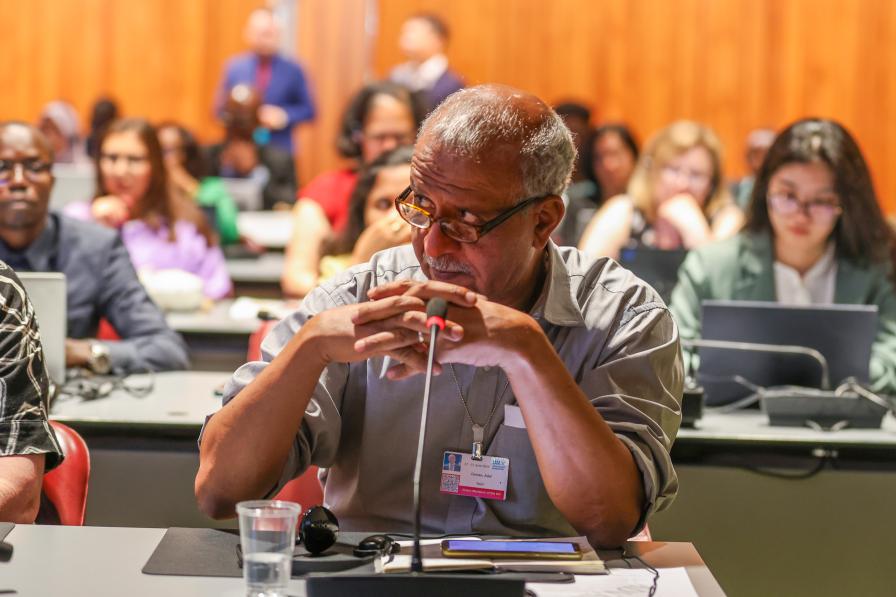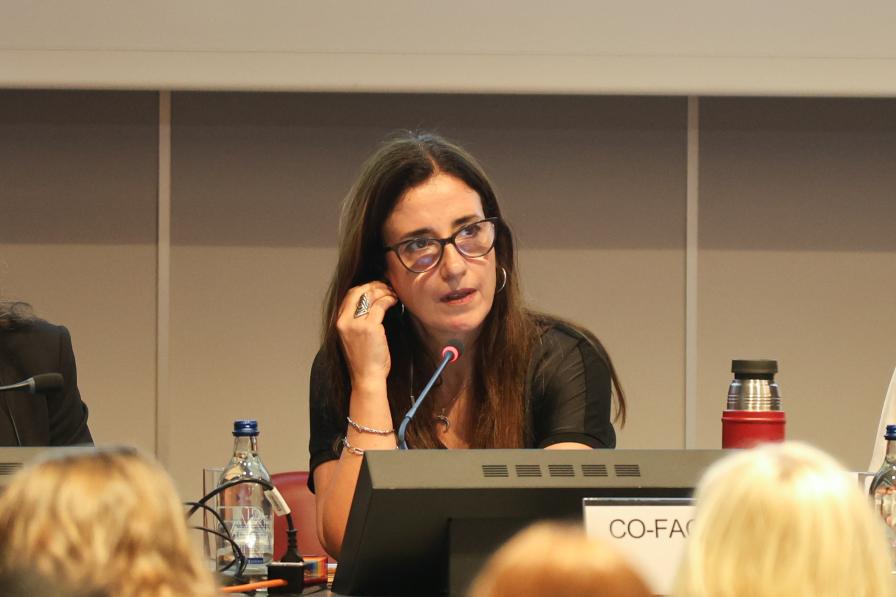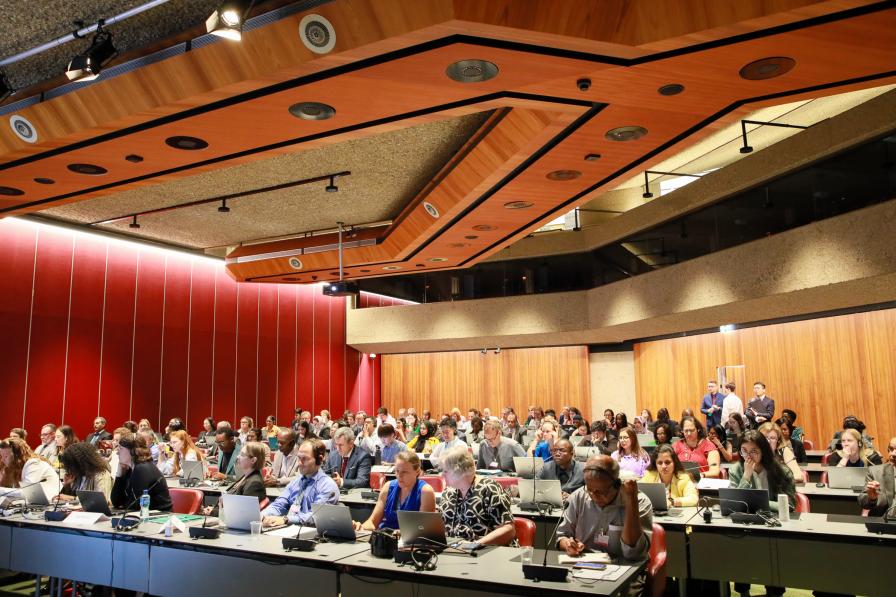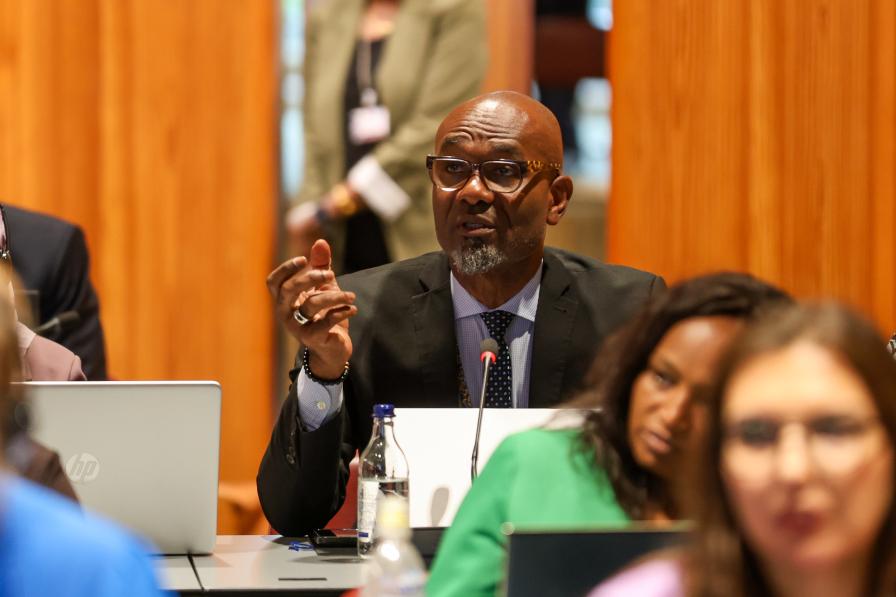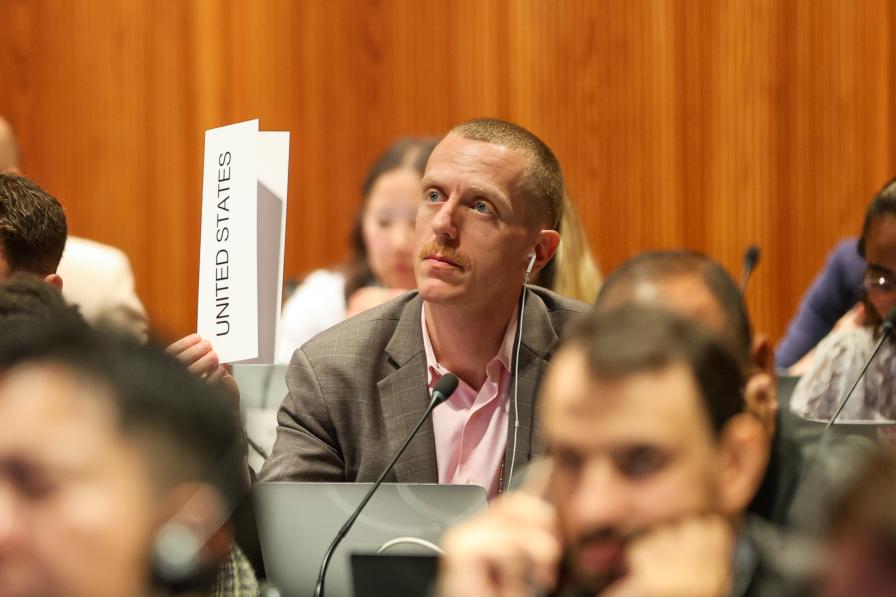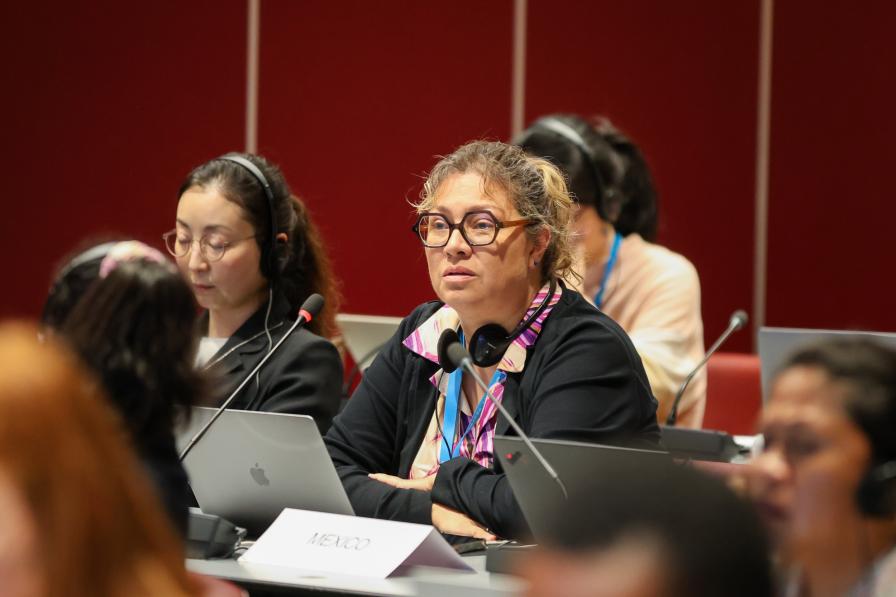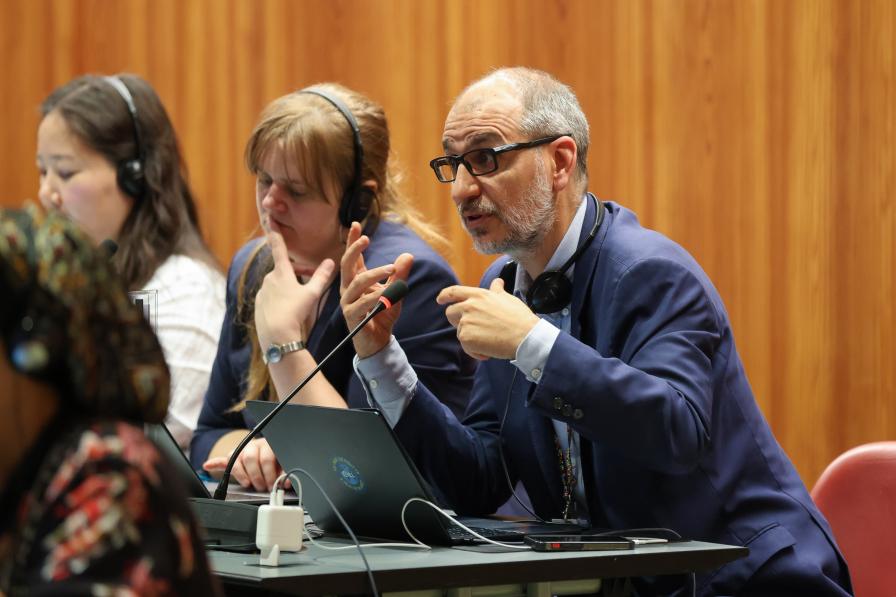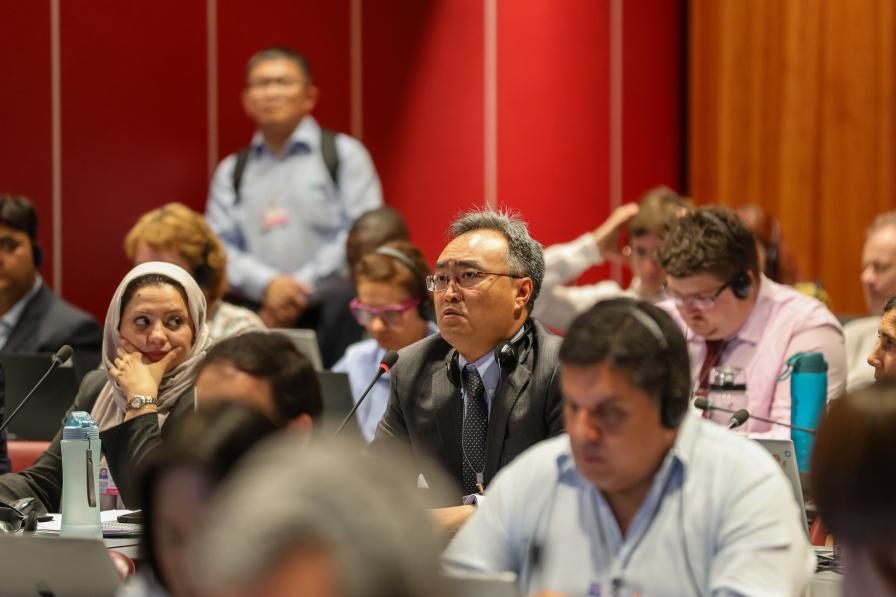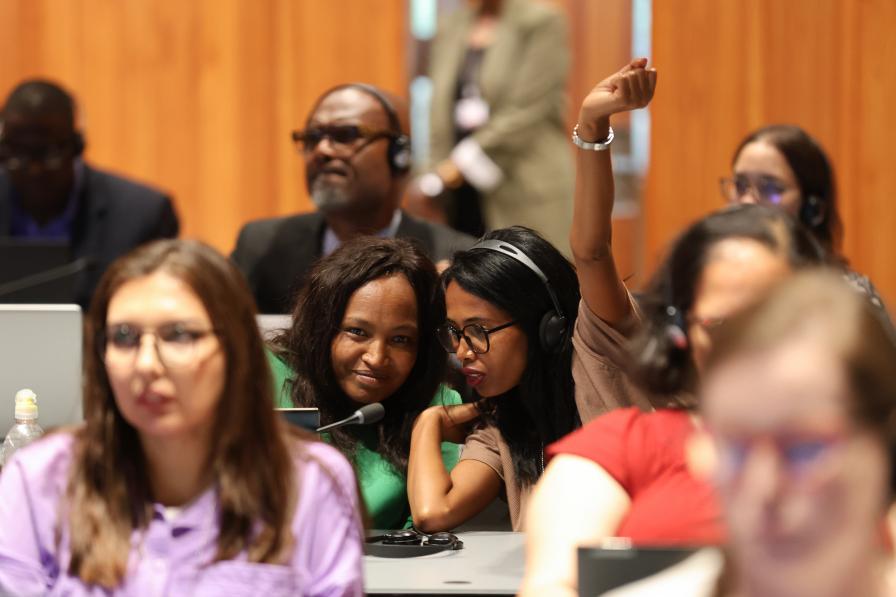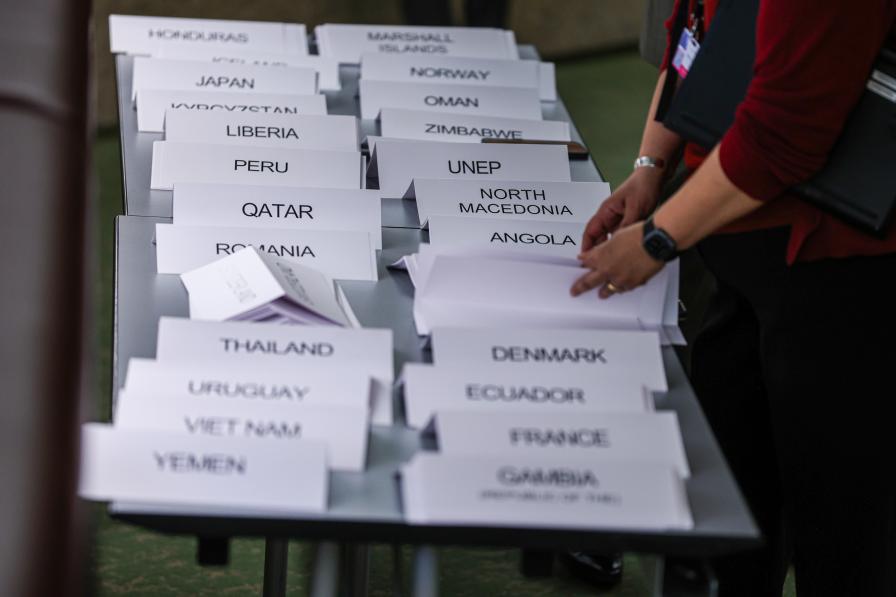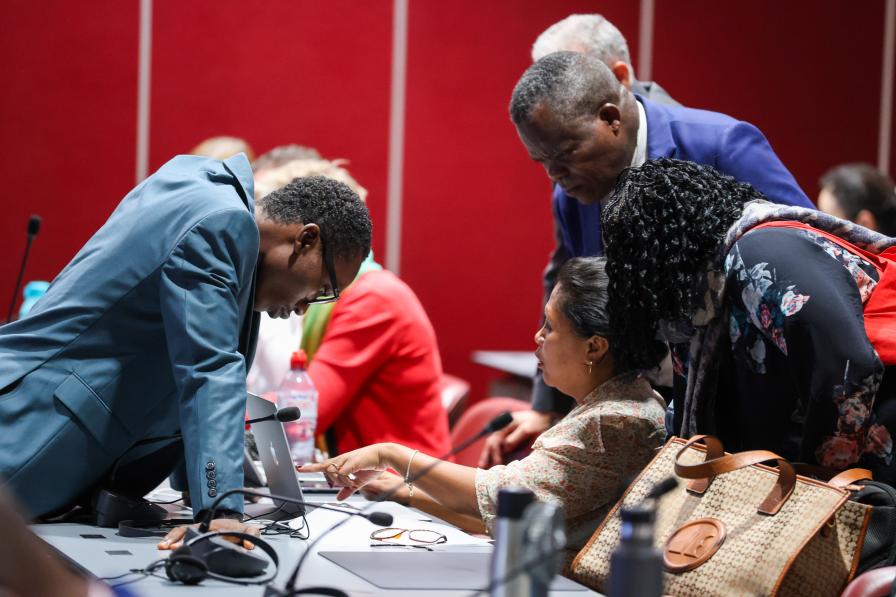Chemicals and waste issues receive a fraction of the attention bestowed on climate change and nature loss. There are global climate and biodiversity initiatives, funding streams, and agreements with a broad mandate. By contrast, chemicals and waste agreements are fewer and have narrower mandates, and funding is more difficult to come by. One argument for a new science-policy panel on chemicals and waste pollution is to raise the profile of the health and environmental risks and potential solutions.
Want to dig deeper into today's talks? Read the full Earth Negotiations Bulletin daily report.
A second, perhaps more fundamental, argument is for scientists to help peer through the uncertainties and lack of information to inform policy solutions. Often, chemicals and waste concerns are plagued by unavailable or inaccessible data, as well as data gaps. Stakeholders and governments may know there is a problem, but lack the infrastructure and expertise to monitor, measure, analyze, and assess the cause. This is just one of the ways that socioeconomic divides can shape the knowledge base around chemicals and waste issues.
In designing the new science policy panel, there are key building blocks to put in place. These lie in the “foundational document,” which delegates focused on throughout the day. It is to be finalized by the end of this meeting. Delegates are discussing who should propose and decide the topics to work on: governments or a broader range of stakeholders or experts? How should they prioritize issues? How will the panel work with existing agreements and bodies to ensure its deliverables are useful to policymakers?
How delegates answer these questions will shape the panel’s operation, the range of topics it takes on, and its policy value to the wider policy and stakeholder community. As Chair Gudi Alkemade reminded delegates, “There are less than 24 hours left.”
All ENB photos are free to use with attribution. For this event, please use: Photo by IISD/ENB | Mike Muzurakis
To receive free coverage of global environmental events delivered to your inbox, subscribe to the ENB Update newsletter.
